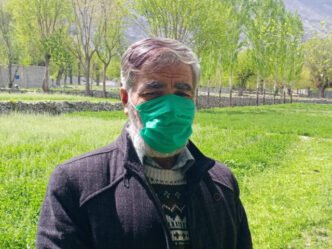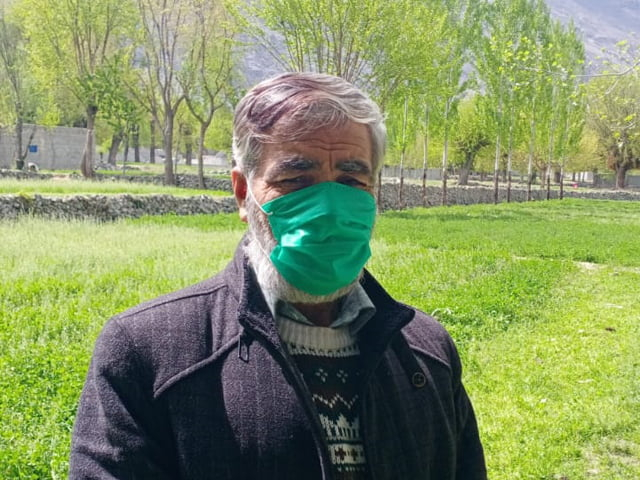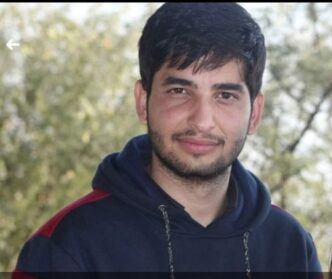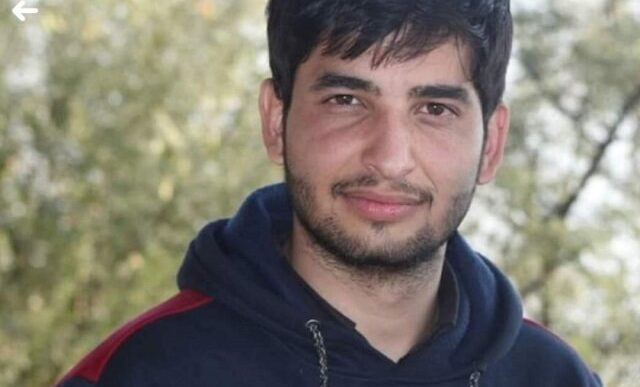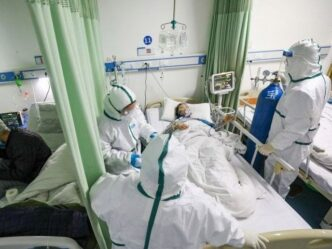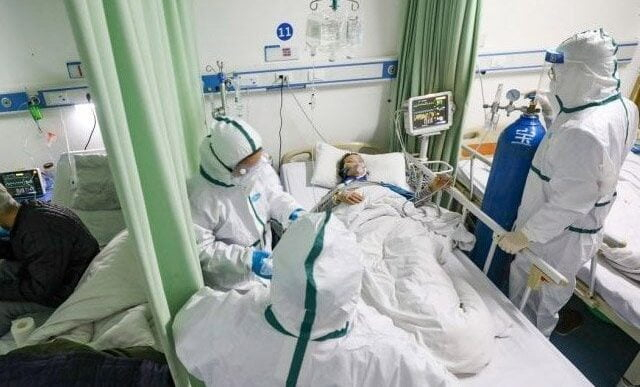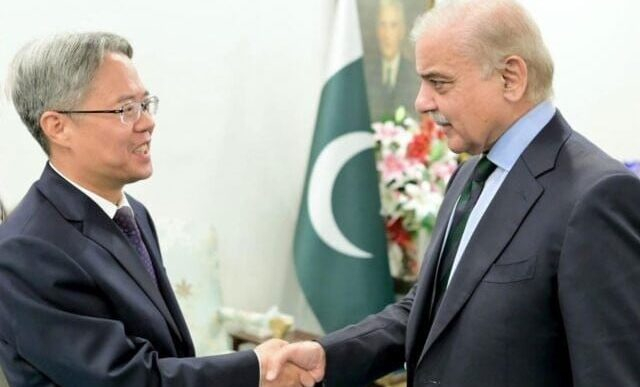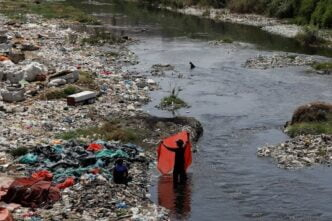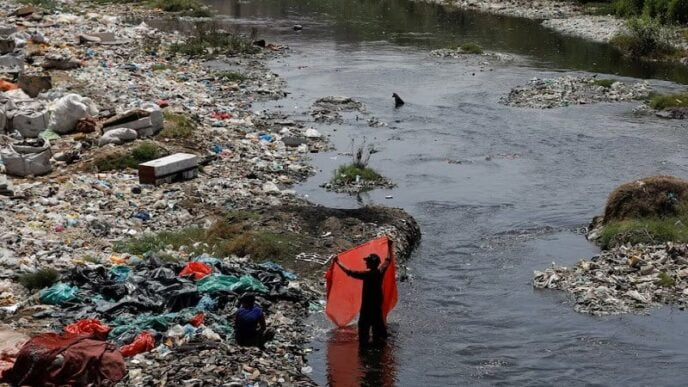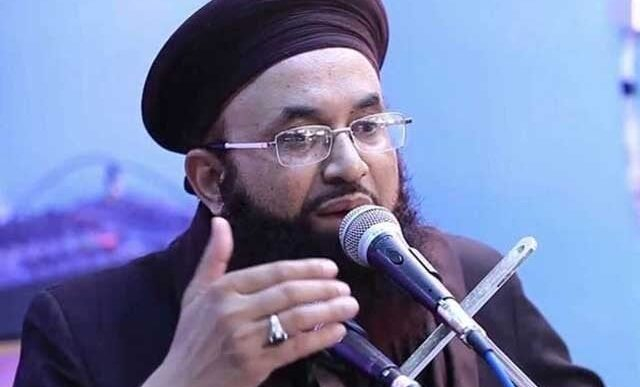GILGIT:
I’ve lived my worst nightmare. It wasn’t the coronavirus, but the prolonged treatment (read: observation) in isolation that made it a hellish experience. Imagine being confined to a tiny room with no social interaction whatsoever for almost a month. Doctors and nurses were the only visitors, who, too, would check on me once or twice a day.
If you’re sick, you need your loved-ones around you. The sense of having someone who cares about you gives you strength to fight illness. Conversely, social isolation makes you more vulnerable to sickness. Your immune system doesn’t respond properly in isolation and it takes you longer to heal.
In my case, it wasn’t me alone; my wife also shared the isolation ordeal at Mohammadabad Hospital, in Danyore, Gilgit-Baltistan. Interestingly, she didn’t have any symptoms, but tested positive for the virus. We both were in the isolation ward, while our five kids were at home – alone and worried.
The ordeal started after a trip to Iran. My wife and I went in a group of 22 pilgrims to visit the holy shrines in Iran. We mostly stayed in Qom, though our pilgrimage also took us to Mashhad, and to neighbouring Iraq.
Tales of survivors: ‘Never before had I seen doctors dressed up like aliens’
On Feb 22, we were preparing to return to Pakistan when we heard about the outbreak of some contagious disease in Qom. Until then, I didn’t know much about the coronavirus.
On Feb 25, we took a flight for Lahore. At Tehran airport, they didn’t allow anyone to board the flight without screening. Neither of us was sick. At Lahore airport, we were screened again. We drove to Rawalpindi where we stayed for two days. While fellow pilgrims dispersed, we took a bus for Gilgit on Feb 28 and reached our village Nomal, some 15km from Gilgit city, in the evening.
In the night I felt feverish. I took it for travel fatigue, took over-the-counter fever reducers from my neighbour and tried to sleep. It didn’t help. I started having chills.
Next morning, I called up the District Headquarters Hospital Gilgit and told medics about my travel and fever. A team of doctors immediately came to see me and my wife. We were then driven to the DHQ hospital in an ambulance. They took samples to test us for the novel coronavirus, while we were shifted to the Civil Hospital Basin. The samples were sent to National Institute of Health (NIH) in Islamabad for PCR test because the facility wasn’t available in Gilgit-Baltistan. I lost my appetite but I tried to force-feed myself so that I could gather some energy to fight off my illness. After a couple of days, our test reports were received from NIH: both of us were positive for COVID-19.
After the diagnosis, they shifted us to the Mohammadabad Hospital, where we were to stay for the next 25 days. Interestingly, by now my fever was gone, while I had no cough, no muscle soreness, no sore throat, and no shortness of breath. My appetite returned to normal (I started eating more than I normally do). My wife remained asymptomatic throughout all this time.
Tales of survivors: How I became Pakistan’s first COVID-19 patient
I’m a 51-year-old ex-serviceman and my wife is 45. I had heard that the coronavirus could be fatal for people of my age and older. Doctors sought to reassure me. But honestly, I wasn’t scared one bit. It is part of our faith that every living being has to die one day. I knew if I was destined to die, I’d die no matter what. But if my time is not up, this virus can never kill me.
We were tested several times during our 25-day nightmarish sojourn. We had no symptoms, but would still test positive. I’ve heard that my wife’s reports were mixed up with another patient’s at the NIH.
Luckily, the PCR testing facility was made available in Gilgit in the meantime and we were tested locally for the first time. The results were negative and a repeat test a day later confirmed the virus was out of our bodies. It was a huge relief.
We were discharged from the hospital on March 28, but doctors said we should avoid socialising for 14 days. We’ve rented a house in Gilgit city to spend these two weeks here. It’s been five days now and we are counting the days till we are completely in the clear.
My advice to the sick: Don’t dread this virus. Keep your faith in God and power up your will, Inshallah you will defeat it. To everyone else, I say take all precautions possible. If not out of concern for the virus, then think of the ordeal isolation can create.
(Narrated to Naveed Hussain)
